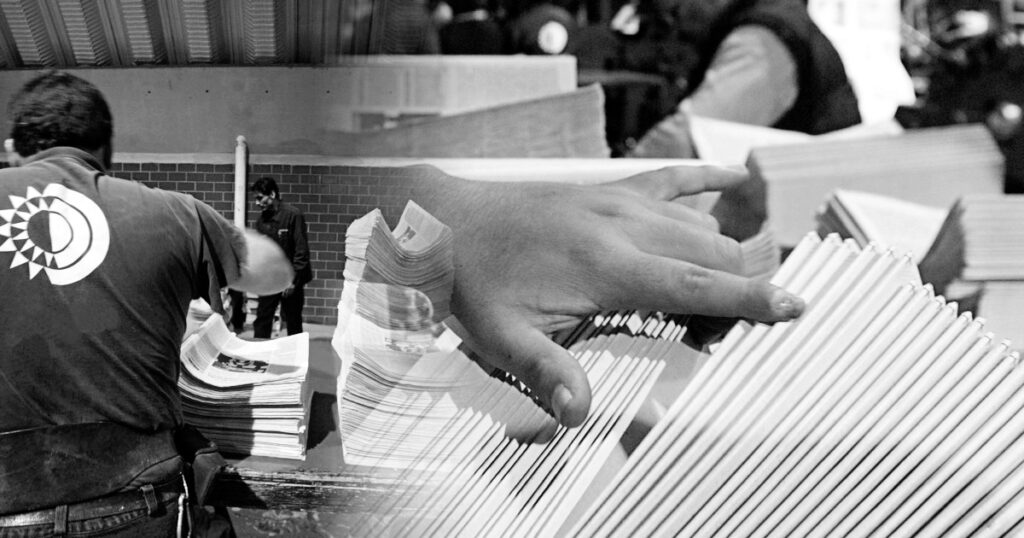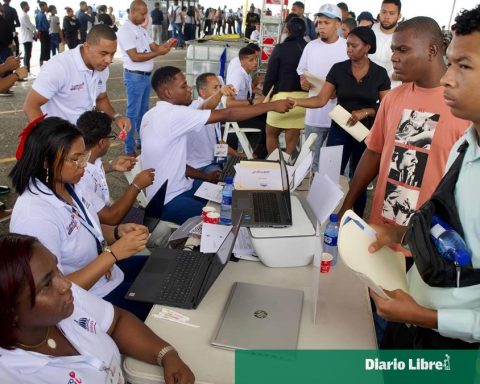Recurring political conflicts and low confidence in the rule of law will weaken Nicaragua’s growth prospects, despite the business opportunities in mining, Energy and manufacturing, so the country will continue to be one of the poorest in Central America, despite the support that China could give, details the Intelligence Unit of The Economist (EIU), in its report on november.
In his October reportthe EIU indicated that the growth rate of our economy will continue to slow down in 2023, despite a slight improvement in the country’s prospects for the end of 2022, pointing out that the recession in the United States at the end of 2022 and beginning of 2023, will affect the Nicaraguan export sectors, especially the maquila.
In November, it indicates: “the economy will continue to cool in 2023, due to a combination of weakening terms of trade, a poor investment climate, low credit growth, and declining real wages. We expect several of these trends to persist in subsequent years, resulting in lackluster average annual growth of 1.9% between 2023 and 2027.”
In line with several other organizations, such as the International Monetary Fund (IMF), and the Central Bank of Nicaragua (BCN), the EIU forecasts that the gross domestic product will grow 3.5% this year, to plummet in the following five-year period, growing 1.5% in 2023 and 2.1% in 2024, to then oscillate between 1.9% and 2.0% between 2025 and 2027.
An important element within this “mediocre” prognosis is the growing isolation of the regime, where his decision to resign from the Organization of American States (OAS), and his behavior at the United Nations (UN), where Ortega’s representatives turned against the world, by issuing one of the five votes in favor of Russia in its aggression against Ukraine.
Recalling how the possibilities of the regime to continue receiving “significant financial support” from the Inter-American Development Bank (IDB), or the World Bank and the IMF, where the United States has greater influence, are diminishing, the Intelligence Unit foresees that Ortega will try to maintain the status quo with Central America so as not to risk losing the support of the Central American Bank for Economic Integration (CABEI), which is its main creditor. “Even so, credit flows to Nicaragua are unlikely to be as generous as they were in 2020-21, when the country received pandemic-related aid and resources to support reconstruction” following hurricanes Eta and Iota.
“Tighten” the girdle
That context was what led Ortega to bet on China, as a source of financing and investment. “As time passes, the country will benefit from at least enough Chinese investment to fill the gaps left by multilateral and bilateral sources. One factor that plays in favor of the Government is that Nicaragua’s financing requirement is small from the perspective of China”, a country that would gain a strategic ally within the sphere of influence of the United States.
A first step was the signing, in January, of a Memorandum of Understanding that would allow Nicaragua to be part of the so-called “Silk Road”, in addition to signing in August a “Early Harvest Agreement”, which works as a precursor to a free trade agreement, which could be followed by “additional bilateral agreements” in the coming months, seeking to definitively get out of the recession experienced between 2018 and 2020.
Participating in the “Silk Road” could “pave the way for Chinese investment in infrastructure in sectors ranging from energy to transportation,” says the EIU. The Government can try to use the export opportunities generated by the signing of the aforementioned preliminary commercial agreement, “to improve relations with the local business community”, seeking new national investments, but “a weak commercial environment, serious logistical limitations Y a high level of political risk they will keep the growth potential moderate”, he adds.
Still, though”Chinese funding (both on and off budget) is likely to provide some reliefwill not completely obviate the need for adjustment measures for the belt,” the report states, referring to the fact that it will always be necessary to “tighten the girdle.”
“On the external front, China’s loans and investment will eventually become essential to cover the deficit left by a decline in assistance from multilateral institutions…. On the domestic front, the Government will continue issuing bonds in the local financial markets. However, it will have to offer high interest rates to attract investors, which will raise the costs of debt service, ”he predicts.
Meeting external financing needs will not be easy, as the EIU anticipates that multilaterals will reduce their debt disbursements and US foreign investment partners will reduce their exposure to Nicaragua, due to the latent risk of new sanctions. While lending and investment from China will provide some support in the second half of the forecast period, this is unlikely to prevent a moderate decline in foreign exchange reserves, from nearly $4bn in early 2023 to $3.7bn. million in 2027.















